According to statistics, almost 27% of people have permanent trouble falling asleep and 73% of people face this problem on an occasional basis. But the causes of poor sleep aren't always related to health problems. Some evening habits that seem pretty normal to us can actually have a negative impact on our sleep and even cause insomnia.
Bhaskar Health gathered some things that you should quit doing before bedtime if you want to get a good night's rest.
10. Smoking
Just like caffeine, nicotine has a stimulating effect on our body. It increases your heartbeat and blood pressure and it stimulates brain activity. All these processes don't contribute to healthy sleep. Even if you do fall asleep, the quality of your sleep won't be satisfactory: smokers are more likely to suffer from insomnia than people who don't smoke. If you don't want to quit smoking, try not to smoke 1.5 hours to 2 hours before you go to bed. It'll help you fall asleep faster and your sleep will be healthier.
9. Exercising
Generally, exercising has a good effect on our sleep since it can help us fall asleep quicker and it relieves stress. But it works only if you finish your workout 3-4 hours (or even 6 hours) before you go to bed. And if you've just returned from the gym and you go straight to bed, your awakened body won't let you sleep – especially if you take a hot shower that arouses the nervous system.
8. Drinking water
A small amount of liquid before going to sleep is good for your body. But if you drink too much water, you're likely to wake up at night and have bags under your eyes in the morning. It doesn't mean you have to stop drinking water in the evening: you just need to experiment and find out the suitable amount of liquid that won't cause such problems. Doctors say that, in general, a glass and a half of water is considered to be the norm for most people.
7. Napping
A nap, as well as exercising, can have a positive effect on your sleep if you choose the right time. To sleep well at night, you may nap between 1 PM and 4 PM. And if you nap in the evening, you ruin your daily routine, which means it'll be difficult to fall asleep at night. However, even a nap during the day can spoil your nighttime sleep. To gain the most out of napping, sleep at the same time every day and nap for no more than an hour and a half. By the way, people who suffer from insomnia are recommended to refrain from taking naps.
6. Being engaged in creative activities
Art is often considered to be a good way to rest, but that's not entirely true when it comes to the type of rest you need before going to sleep. If you draw, write, or play an instrument, your brain will be very active. That's why if you stay up too late, you're likely to stay up until the morning.
Creative activities require a lot of effort. To calm down, the brain needs some time. That's why it's better to avoid any great brain activity one hour before you go to bed: you may read a book or meditate instead.
5. Using electronic devices
It's recommended to switch off your laptop and phone because these devices emit light that is bad for your sleep. It's also better to avoid using a phone to read a book before bedtime. Instead, choose a printed book or a special electronic device that is less harmful to your eyes and sleep.
You should also stop working in the evening, otherwise, there's a great chance that you'll spend a couple of hours lying in bed and thinking about all the tasks. Instead, clear your mind, create a plan for tomorrow, and write it down.
4. Taking pills
If you're afraid of not being able to fall asleep, you may take only sleeping pills. It's better to take other medications in the first part of the day. Some antidepressants have the effect of sleeping pills and some just make our nervous system more alert. By the way, painkillers also don't contribute to healthy sleep.
If you have to take certain pills, ask a doctor about the best time to do so. You should also get acquainted with all of the side effects since most of them cause sleep disorders.
3. Feeling nervous
Stormy emotions don't contribute to proper sleep. If you like to watch the news or argue with someone on the internet before you go to bed, don't be surprised if you can't fall asleep. Even more innocuous things can cause sleep problems: for example, a scary or a sad book. Positive emotions aren't that good in this case since you can be too excited after an important football game or an interesting conversation with a friend to go to bed.
You need to make sure that your mind is calm and relaxed before you go to sleep. Try to deal with everything that causes strong emotions at least an hour before going to bed.
2. Taking a hot shower
Many people think that a hot bath contributes to good sleep. But doctors have proved that it's actually a difference in temperature that helps us fall asleep: the higher this difference is, the more we want to sleep. That's why if you're too energetic, take a cold or warm shower.
High water temperature causes problems with sleep and affects our skin tone because it stimulates blood flow to the upper skin layers. If you take a hot shower for longer than 10 minutes, then you'll wash out the natural fat layer and your skin will become more vulnerable.
1. Sleeping with pets
Many pet owners like to sleep with their animals and this isn't a good thing. First, animal sleep patterns differ from how humans sleep. Pets' sleep is shorter and they change positions more often than people which can cause you to wake up during the night.
Second, skin particles and fur can have a negative effect on your health and sleep, even if you're not allergic to animals.
These are the main things that don't allow us to sleep well at night. Do you have any other tips? Share your experience in the comments!


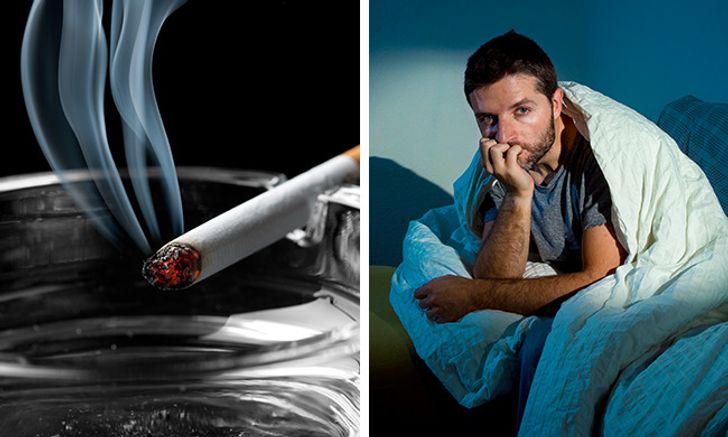



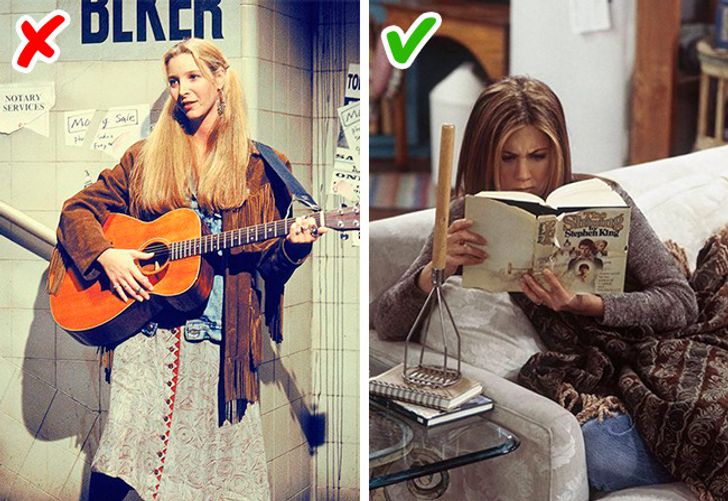
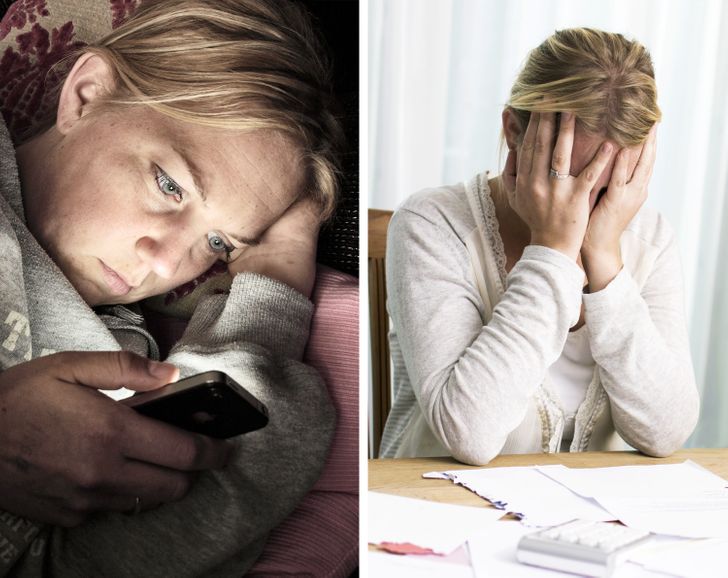

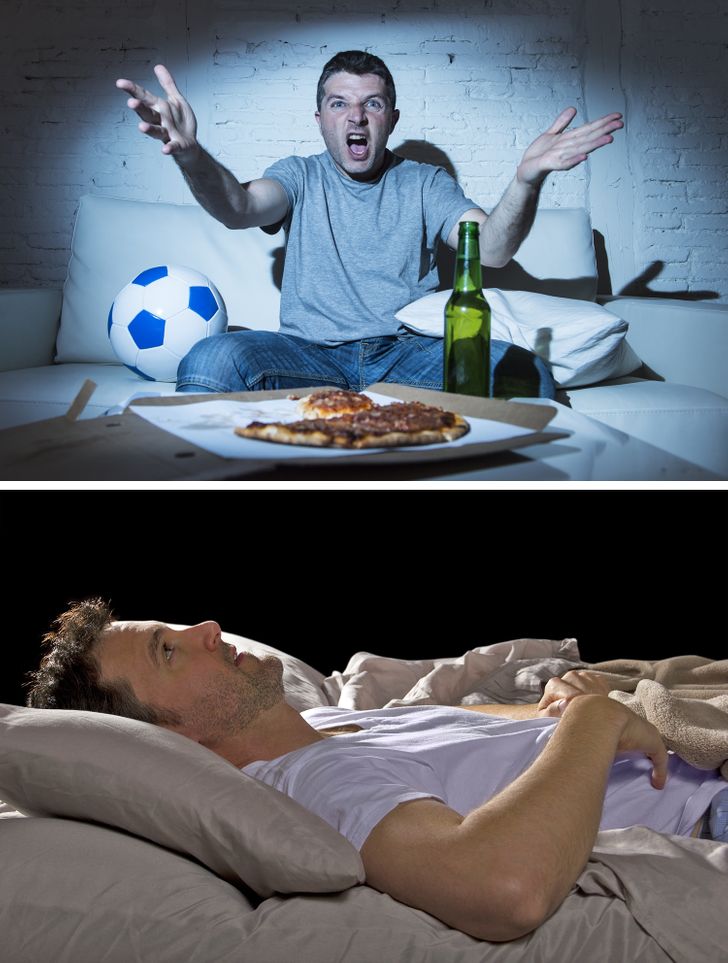

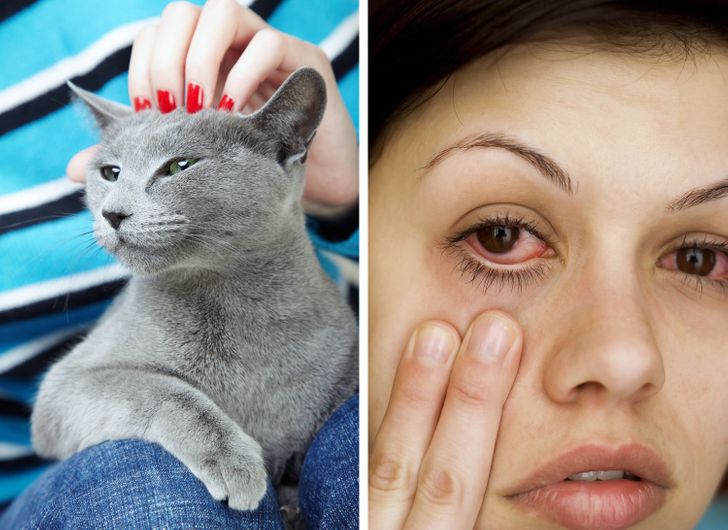
0 Comments